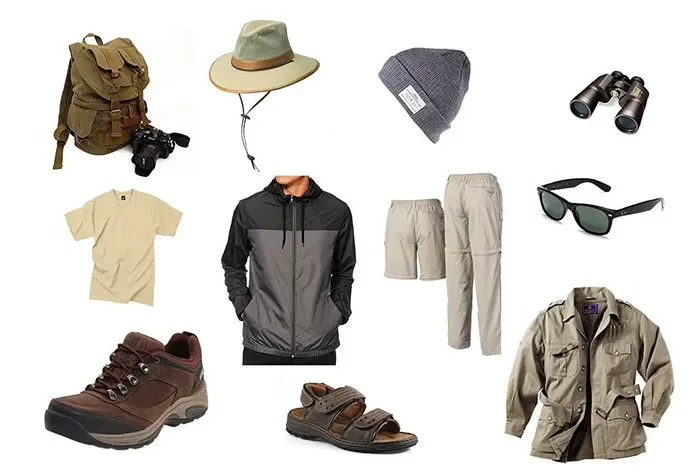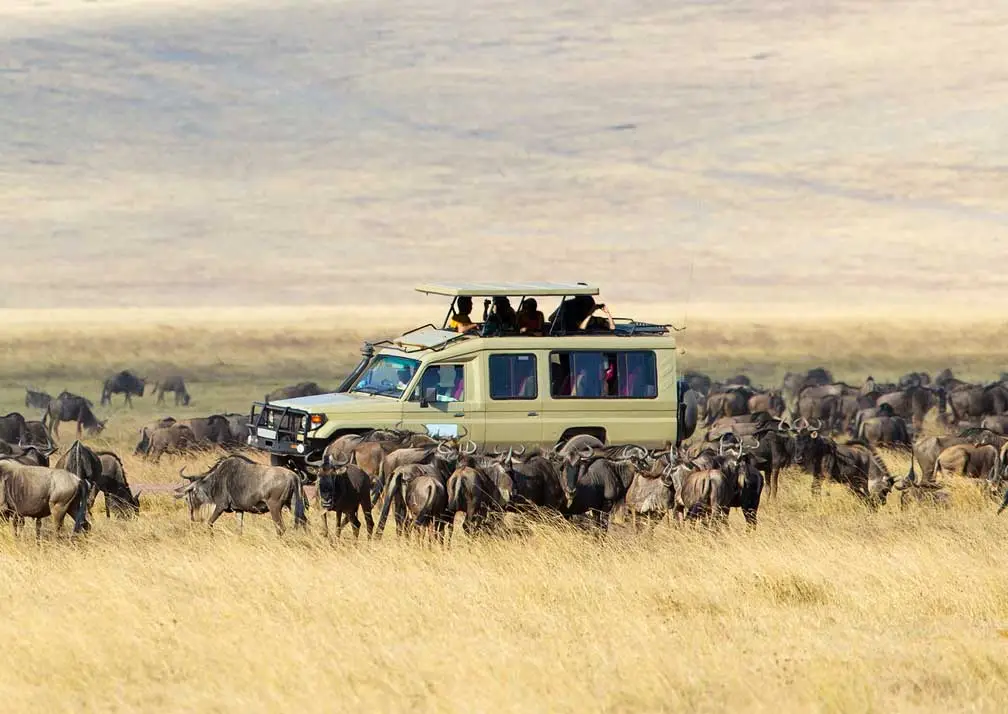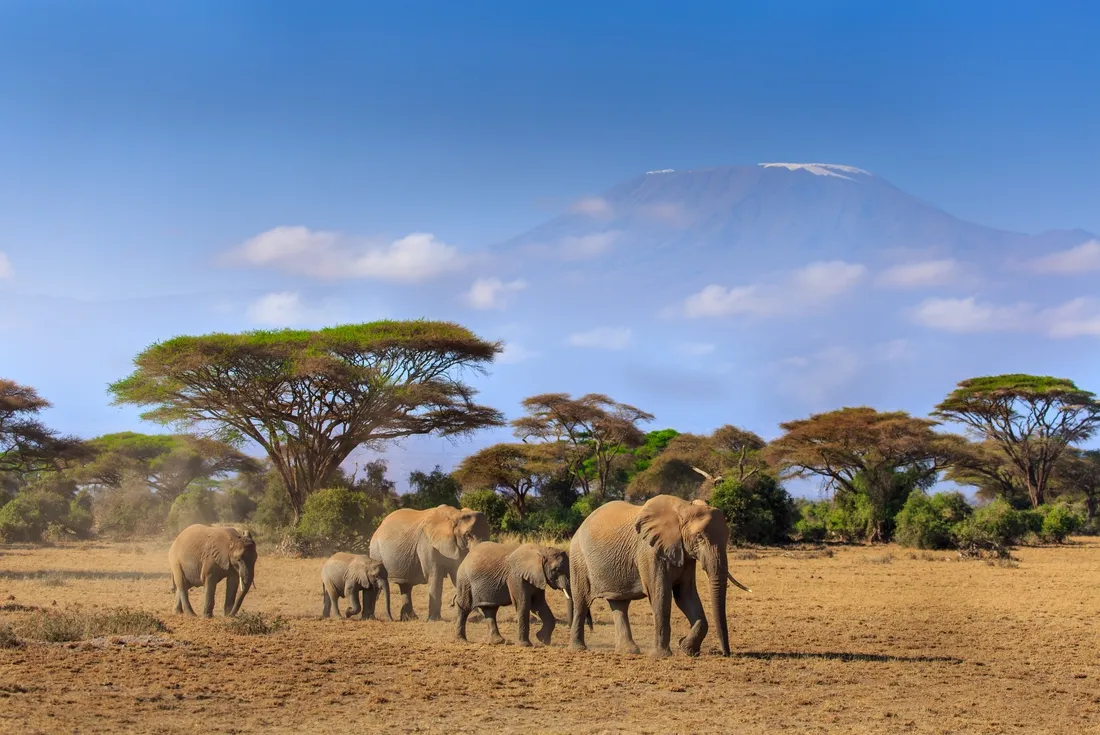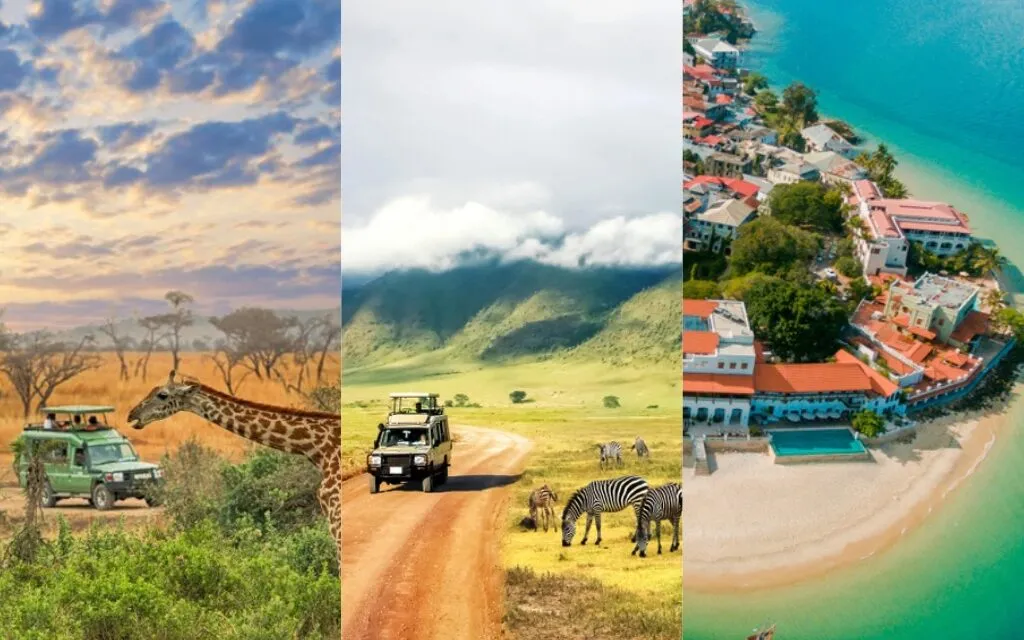Tanzania Safari Packing Checklist for Dry & Wet Seasons
Packing smart for a Tanzania safari means preparing for both dry and wet conditions. Bring lightweight, breathable clothing for hot days, along with layers for cooler mornings and evenings. Include a waterproof jacket, sturdy hiking shoes, sun protection, insect repellent, and binoculars for wildlife viewing. Organize your gear using packing cubes or compression sacks to maximize space and accessibility. Below is a comprehensive Tanzania safari packing checklist, covering all essentials for dry and wet seasons with Capable Africa Tours.
Explore the Checklist
Your Ultimate Tanzania Safari Packing Checklist
Packing for a Tanzania safari requires careful planning to adapt to the unique demands of the dry and wet seasons. With Capable Africa Tours, you’ll explore iconic parks like Serengeti, Ngorongoro Crater, and Tarangire, where weather and terrain vary. This detailed checklist covers clothing, gear, health essentials, and more, ensuring you’re ready for an unforgettable adventure. Let’s dive into what to pack for both seasons to stay comfortable, safe, and prepared.
Why Packing Right Matters
Tanzania’s safari regions experience distinct seasons: the dry season (June–October) is hot and dusty, ideal for wildlife viewing, while the wet season (November–May) brings rain, lush greenery, and fewer crowds. Proper packing ensures you’re equipped for temperature swings (10°C–30°C/50°F–86°F), rugged terrain, and long game drives. Capable Africa Tours recommends lightweight, versatile gear to maximize comfort and functionality.
Packing for the Dry Season (June–October)
The dry season offers clear skies, warm days (25°C–30°C/77°F–86°F), and cool nights, especially in high-altitude areas like Ngorongoro Crater. Animals gather around water sources, making it prime for game viewing. Here’s what to pack:
Clothing
- Lightweight, Long-Sleeve Shirts (3–4): Neutral colors like khaki, olive, or beige to blend into the environment and protect from sun and insects. Avoid blue/black to deter tsetse flies.
- Convertible Pants/Shorts (2–3): Zip-off pants offer versatility for warm days and cooler evenings.
- Fleece or Lightweight Jacket (1): For chilly mornings (10°C–15°C/50°F–59°F) and evenings.
- Wide-Brimmed Hat (1): Provides sun protection during open-vehicle game drives.
- Sturdy Hiking Boots (1 pair): Comfortable, ankle-supporting boots for walking safaris or uneven terrain.
- Comfortable Sandals (1 pair): For downtime at lodges or camps.
- Socks (3–4 pairs): Moisture-wicking socks to keep feet dry during dusty drives.
- Underwear and Sleepwear (4–5 sets): Breathable, quick-dry fabrics for comfort.
- Bandana or Scarf (1): Useful for dust protection during drives.
Gear and Accessories
- Binoculars (8x42 or 10x42): Essential for spotting distant wildlife like leopards or birds.
- Camera with Zoom Lens (200mm+): Capture stunning shots of the Great Migration or Big Five.
- Daypack (20–30L): For carrying essentials during game drives.
- Reusable Water Bottle (1L): Stay hydrated; lodges provide refill stations.
- Headlamp or Flashlight: For navigating camps at night.
- Power Bank (10,000mAh): Keep devices charged in remote areas.
- Universal Adapter: Tanzania uses Type G and D plugs (240V).
Health and Safety
- Sunscreen (SPF 50): High UV index requires strong protection.
- Insect Repellent (30% DEET): Prevents mosquito and tsetse fly bites.
- Malaria Prophylaxis: Consult your doctor for medications like Malarone.
- First-Aid Kit: Include band-aids, antiseptic wipes, and pain relievers.
- Personal Medications: Bring enough for the trip, plus prescriptions.
Pro Tip: Capable Africa Tours advises packing in a soft duffel bag (15–20 kg/33–44 lbs limit for domestic flights) to comply with safari vehicle and flight restrictions.
Packing for the Wet Season (November–May)
The wet season brings lush landscapes, occasional showers, and temperatures between 20°C–28°C (68°F–82°F). It’s ideal for birdwatching and fewer crowds. Here’s how to adapt your packing list:
Clothing
- Waterproof Jacket (1): Lightweight, breathable raincoat for sudden showers.
- Quick-Dry Clothing (3–4 shirts, 2–3 pants): Moisture-wicking fabrics to stay comfortable in humid conditions.
- Waterproof Hiking Boots (1 pair): Ensure good traction for muddy trails.
- Extra Socks (4–5 pairs): Quick-dry socks to keep feet dry.
- Lightweight Poncho (1): Compact and useful for heavy rain.
Gear and Accessories
- Waterproof Bag or Cover: Protects electronics and documents from rain.
- Umbrella (1): Small, portable umbrella for unexpected downpours.
- Dry Bags (2–3): Keep camera gear and clothes dry during wet game drives.
Pro Tip: Wet season roads can be muddy, so pack dark-colored clothing to hide stains, and ensure your daypack is water-resistant. Capable Africa Tours provides umbrellas at some lodges, but it’s wise to bring your own.
Essential Packing Tips for All Seasons
Regardless of the season, some items are must-haves for any Tanzania safari with Capable Africa Tours. These tips ensure you’re prepared for the adventure:
- Neutral Colors: Stick to earth tones (khaki, olive, beige) to avoid startling wildlife or attracting insects.
- Layering: Temperatures fluctuate, so pack layers for warmth and ventilation.
- Luggage Limits: Most domestic flights and safari vehicles limit luggage to 15–20 kg (33–44 lbs). Use soft bags for flexibility.
- Laundry Services: Many lodges offer laundry, so pack light and plan to wash clothes.
- Respect Local Culture: Avoid revealing clothing out of respect for Tanzanian customs.
Packing Considerations
Beyond the checklist, consider these qualitative factors to enhance your safari experience with Capable Africa Tours:
- Comfort: Choose breathable fabrics like cotton or moisture-wicking synthetics to stay cool and dry.
- Durability: Invest in high-quality boots and bags to withstand rugged terrain and dust.
- Versatility: Convertible clothing (e.g., zip-off pants) adapts to changing weather conditions.
- Safety: Avoid bright colors or camouflage patterns, which may be associated with military or poaching activities.
- Eco-Friendliness: Use reusable water bottles and eco-friendly toiletries to minimize environmental impact.
Plan Your Perfect Safari with Capable Africa Tours
Ready to embark on a Tanzania safari adventure? Capable Africa Tours crafts personalized itineraries to match your style and budget. Use our packing checklist to prepare, and let our expert guides lead you through the wild heart of Tanzania.
- Customized Packing Advice for Every Season
- 95% Wildlife Sighting Success Rate
- Expert Local Guides for Safe Adventures
- Eco-Friendly and Community-Supporting Tours
- Seamless Planning with Free Quotes



